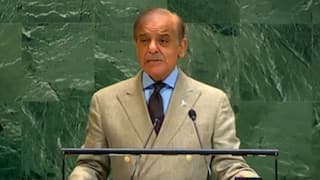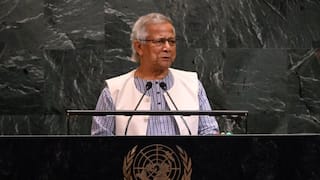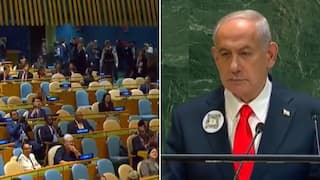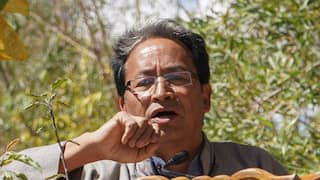India Got 65% More FDI During Modi Regime Against 10 Years Of UPA Rule, Says Nirmala Sitharaman
Sitharaman also said Rs 8.35 lakh crore has been devolved to states from central taxes in the current fiscal year, higher than the revised estimate of Rs 7.45 lakh crore for 2021-22

New Delhi: Finance Minister Nirmala Sitharaman on Tuesday told Parliament that foreign direct investment (FDI) into the country during the Modi government was $500.5 billion.
According to a PTI report, the minister, who was responding to the discussion on the Finance Bill, 2022, and Appropriation Bill, 2022, said India continues to remain among the top five FDI recipient countries in the world, according to a UNCTAD report.
Sitharaman in her reply said that the FDI amount of $500.5 billion, which is 65 per cent more than the amount received in the past 10 years of the UPA government, as investors have trusted the economic management of the current regime.
The country's FDI inflow in 2020-21 was $81.72 billion compared to $74.9 billion in the preceding financial year.
Despite the Covid-19 pandemic, the government did not resort to taxes for resource mobilisation and no tax was increased to fund the economic recovery, she mentioned.
According to an OECD report, around 32 countries had resorted to an increase in their tax rates to fund their economic recoveries.
The minister has pointed out that the Russia-Ukraine conflict is impacting all countries like the pandemic had.
In her speech, Sitharaman has said Rs 8.35 lakh crore has been devolved to states from central taxes in the current fiscal year, higher than the revised estimate of Rs 7.45 lakh crore for 2021-22.
The finance minister said that India’s sharp economic recovery post-Covid-19 and Budget initiatives will help in sustaining growth momentum in the years to come.
The government's roadmap for imparting momentum to the economy focusses on growth at the macro level and complementing it with all-inclusive welfare at the micro level, promoting digital economy, and fintech, technology-enabled development, energy transition and climate action and relying on a virtuous cycle of investment and growth, she said in a written reply to the Rajya Sabha.
The reforms contributed to the real GDP growing at an annual average rate of 6.8 per cent during 2014-20, she added.







































